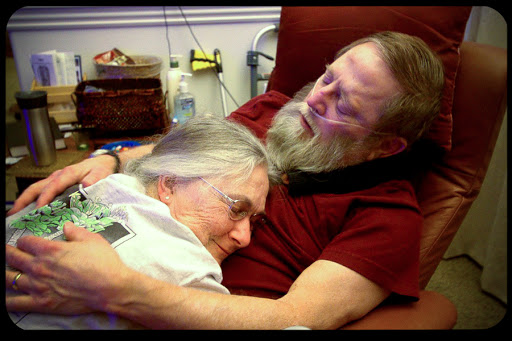At Christmas, we prove to ourselves that the satisfaction of giving oneself to others, either in a spiritual or material way, is incomparable to the feeling we get when we receive. This sort of detachment from ourselves makes us feel happy and at peace.
To have as a basic premise of life the notion that “it is better to give than to receive” allows us to free ourselves from the bonds of egotism and experience a certain tranquility that comes to us as a fruit of our generosity.
In giving of oneself, it is important to do so willingly and without regret, without expecting any reward or gratitude; the greatest beneficiary of it all is he who gives himself – much like when we are willing to forgive someone for a wrong that they may have committed against us.
In an article published by Catholic.net, Francisco Cardona makes a comparison to illustrate what happens when a person is generous – or not:
"The first is blue, full of life and contrasts, of calm and storm. On its shores, one finds gentle reflections of the yellow and pink flowers and the beautiful meadows that surround it. The Dead Sea, on the other hand, is a salty and dense lake in which there is no life, and the water that comes from the Jordan river is stagnant.
"What makes for these two vastly different environments if they are fed by the same river? It's simple: the Sea of Galilee generously transmits what it receives. Once water arrives at the lake, it immediately empties out into arid fields, where it also serves to quench the thirst of people and animals. It is selfless water. Conversely, the stagnant water of the Dead Sea salinates and is rendered lethal and useless. It water is a selfish, useless water.
"The same is true of people: those who give of themselves truly live and help others to live. But those who only receive, store up wealth, and are concerned only with themselves are like the stagnant water, which renders itself useless while causing death to everything that around it.
"We sometimes think that when we give time, money, or attention, we impoverish ourselves while others benefit off of what was ours. But in fact, just the opposite happens: the more we give, the more we receive. The less we give of what is ours, the poorer we become. It is a spiritual law that we come to recognize from time to time, but it is difficult to accept, and so few venture to put it into practice.
"But there is an interesting challenge for those who do choose to accept it: whoever wants to live in accordance with this law will find very pleasant surprises along the way, for in giving of ourselves, we live in a manner suited to the divine spark inherent in our human nature."
This Christmas, let us make a conscious effort to give everything we can to others: smiles, kindness, hugs, affection, love, support, gratitude, harmony, joy, time, prayer – and also the material elements that are within our means.
If we were to live the Christmas spirit year-round, undoubtedly the world would be a much better place.

